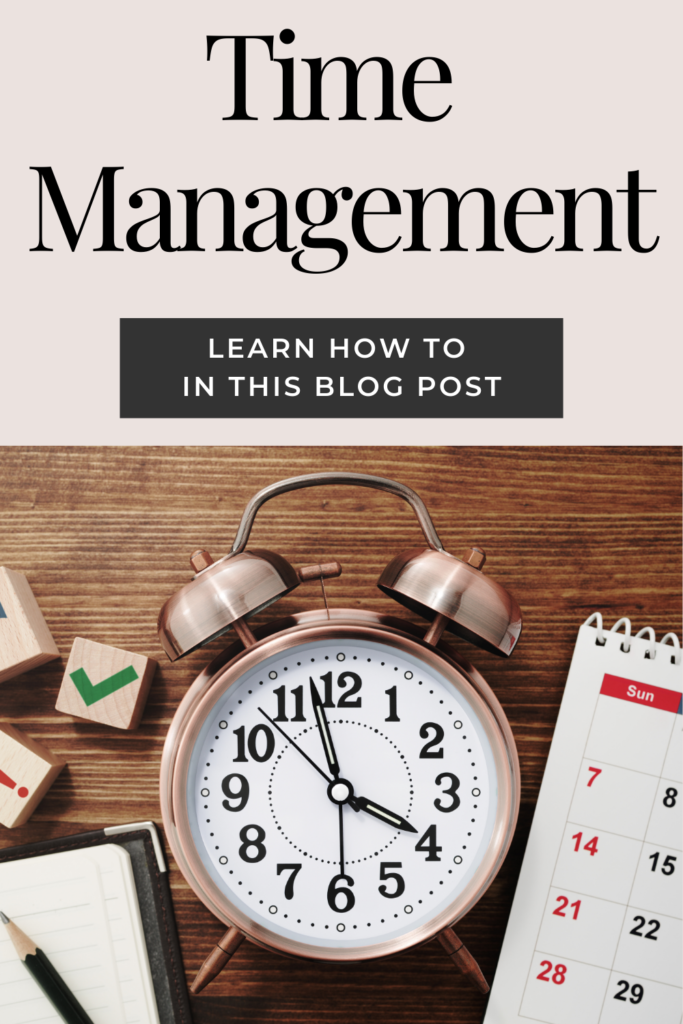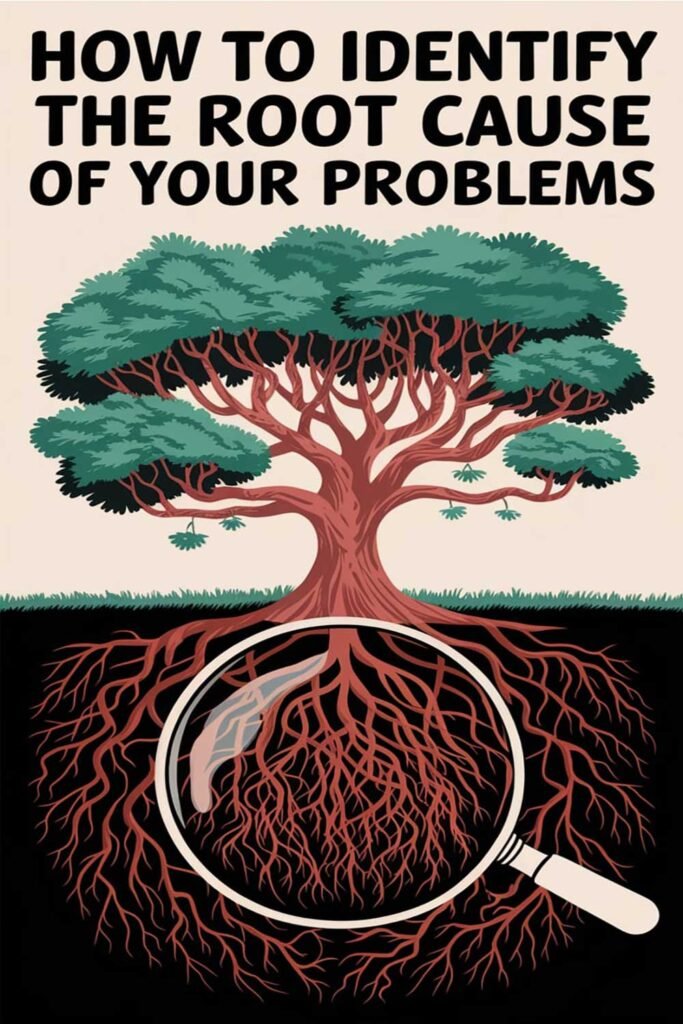12 Financial Habits That Will Keep You Broke
Many people dream of financial freedom, yet continue to make money decisions that sabotage their progress. The truth is, being broke often isn’t about how much you earn—it’s about how you manage what you have. Some financial habits may seem harmless, but when repeated consistently, they silently drain your bank account and kill your chances of building wealth.

The good news? Awareness is the first step toward change. In this article, we’ll dive into 12 financial habits that will keep you broke if left unchecked, with real-life examples and powerful takeaways to help you break the cycle.
1. Living Paycheck to Paycheck
Spending every dollar you earn leaves no room for emergencies or future planning.
Real-Life Example:
Josh made $70,000 a year but never saved a dime. When he lost his job, he had no cushion—and had to rely on credit cards to survive.
Break the Habit:
Start by saving just 5–10% of each paycheck and slowly build a buffer fund.
2. Not Budgeting
Flying blind with your money is a surefire way to stay broke. Without a plan, it’s impossible to control your spending.
Real-Life Example:
Kara couldn’t figure out why she was always broke until she tracked her spending. Over $400 a month went to food delivery and online shopping.
Break the Habit:
Use a simple app or spreadsheet to track income and expenses. Awareness = power.
3. Relying on Credit Cards for Lifestyle Upgrades
Using debt to fund vacations, restaurants, or designer brands builds liabilities, not wealth.
Real-Life Example:
Marcus maxed out three credit cards trying to “keep up” with his friends. The interest alone cost him over $300/month.
Break the Habit:
Only use credit cards for items you can pay off in full each month.
4. Ignoring Emergency Savings
Life is unpredictable. Without an emergency fund, you’re one car repair or medical bill away from disaster.
Real-Life Example:
When Emily’s dog needed surgery, she had no savings and had to borrow $2,000 at high interest.
Break the Habit:
Build a starter emergency fund of $1,000, then aim for 3–6 months of living expenses.
5. Making Only Minimum Payments
Paying the bare minimum on debt keeps you in a never-ending cycle of interest.
Real-Life Example:
Dan paid the minimum on his $8,000 credit card balance for years. He ended up paying over $12,000 in interest.
Break the Habit:
Use the snowball or avalanche method to aggressively pay off high-interest debt.
6. Not Investing Early
Waiting too long to invest costs you years of compound growth—the key to wealth building.
Real-Life Example:
Lisa waited until age 40 to start investing. Her friend who started at 25 had triple the portfolio value with less total contributions.
Break the Habit:
Start investing today—even small amounts—in a Roth IRA or employer-sponsored plan.
7. Lifestyle Creep
As your income increases, so do your expenses—unless you’re intentional. This habit keeps even high earners broke.
Real-Life Example:
After a big promotion, Jake upgraded his car, moved to a pricier apartment, and still had no savings.
Break the Habit:
Lock in your current lifestyle and increase savings with each raise.
8. Not Setting Financial Goals
Without clear goals, money tends to vanish. Goals give your finances direction and purpose.
Real-Life Example:
Michelle floated through her 20s without any financial direction. At 35, she realized she had nothing to show for a decade of work.
Break the Habit:
Write down short-term, mid-term, and long-term financial goals and review them monthly.
9. Impulse Spending
Those little purchases add up—and often stem from boredom, emotion, or habit.
Real-Life Example:
Sarah realized she spent over $1,200 a year on items from the Target dollar aisle.
Break the Habit:
Set a 24-hour rule before making non-essential purchases.
10. Avoiding Financial Education
If you don’t learn how to manage money, someone else (marketers, lenders) will manage it for you.
Real-Life Example:
Ben avoided learning about personal finance and ended up with a payday loan at 400% APR.
Break the Habit:
Commit to reading one finance book or listening to a financial podcast monthly.
11. Overpaying for Convenience
Food delivery, monthly subscriptions, and luxury services can drain your account quietly.
Real-Life Example:
Tina saved $250/month by canceling unused subscriptions and cooking at home.
Break the Habit:
Audit your bank statements quarterly and cancel anything you’re not using.
12. Failing to Track Net Worth
You can’t grow what you don’t measure. Tracking net worth shows your real financial progress.
Real-Life Example:
Sam thought he was doing fine until he calculated his net worth—he had more debt than assets.
Break the Habit:
Use a free net worth calculator or spreadsheet to track assets vs. liabilities every quarter.
🌟 20 Quotes About Money Habits and Wealth
- “The chains of habit are too light to be felt until they are too heavy to be broken.” – Warren Buffett
- “A budget is telling your money where to go instead of wondering where it went.” – Dave Ramsey
- “If you want to change your life, change your habits.” – Unknown
- “Your net worth is a lagging indicator of your self-discipline.” – James Clear
- “Small leaks sink great ships.” – Benjamin Franklin
- “Don’t go broke trying to look rich.” – Unknown
- “Discipline is the bridge between goals and accomplishment.” – Jim Rohn
- “Too many people spend money they haven’t earned to buy things they don’t want to impress people they don’t like.” – Will Rogers
- “Being rich is having money. Being wealthy is having time.” – Unknown
- “Financial freedom is available to those who learn about it and work for it.” – Robert Kiyosaki
- “Avoiding money mistakes is often more powerful than chasing big wins.” – Morgan Housel
- “Live like no one else now, so later you can live like no one else.” – Dave Ramsey
- “A fool and his money are soon parted.” – Thomas Tusser
- “Your future is created by what you do today, not tomorrow.” – Robert Kiyosaki
- “When you know better, you do better.” – Maya Angelou
- “Every dollar you spend is a reflection of your values.” – Unknown
- “Wealth is what you don’t see—it’s the money you keep.” – Morgan Housel
- “If you don’t control your money, your money will control you.” – Unknown
- “It’s not what you make, it’s what you keep.” – Unknown
- “Rich habits create rich results.” – Tom Corley
💭 Picture This
Picture waking up without stress over bills. Your emergency fund is growing, your investments are compounding, and you have a clear plan for your future. You don’t dread payday—you’re excited, because every dollar has a job. You’ve escaped the cycle of being broke, not through luck, but through intentional habits.
You look back and realize: the moment you stopped tolerating your own excuses was the moment everything began to change.
What habit will you break today to build a better financial tomorrow?
📬 Share This Article
If this article opened your eyes to any financial habits you need to change, please share it with someone else who might need the same wake-up call. Small changes can lead to massive breakthroughs.
⚠️ Disclaimer
This article is for informational purposes only, based on real-life experiences and general financial practices. It does not constitute financial advice. Please consult a certified financial advisor before making significant financial decisions.






